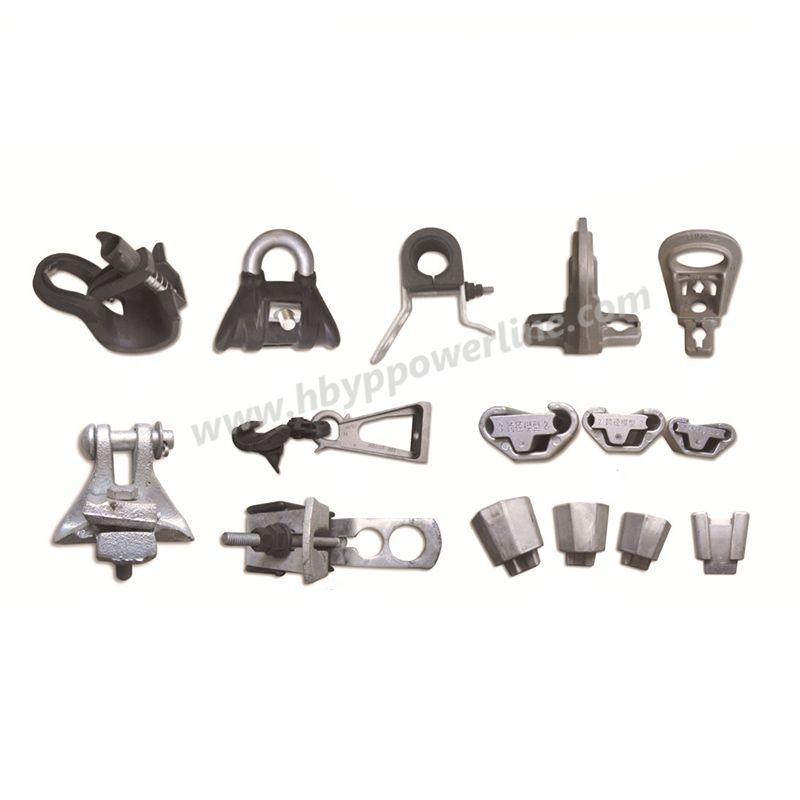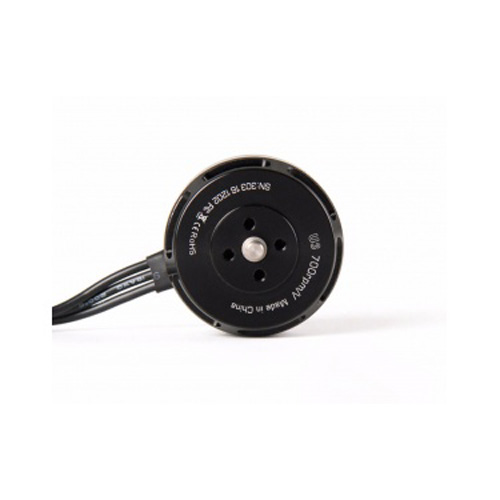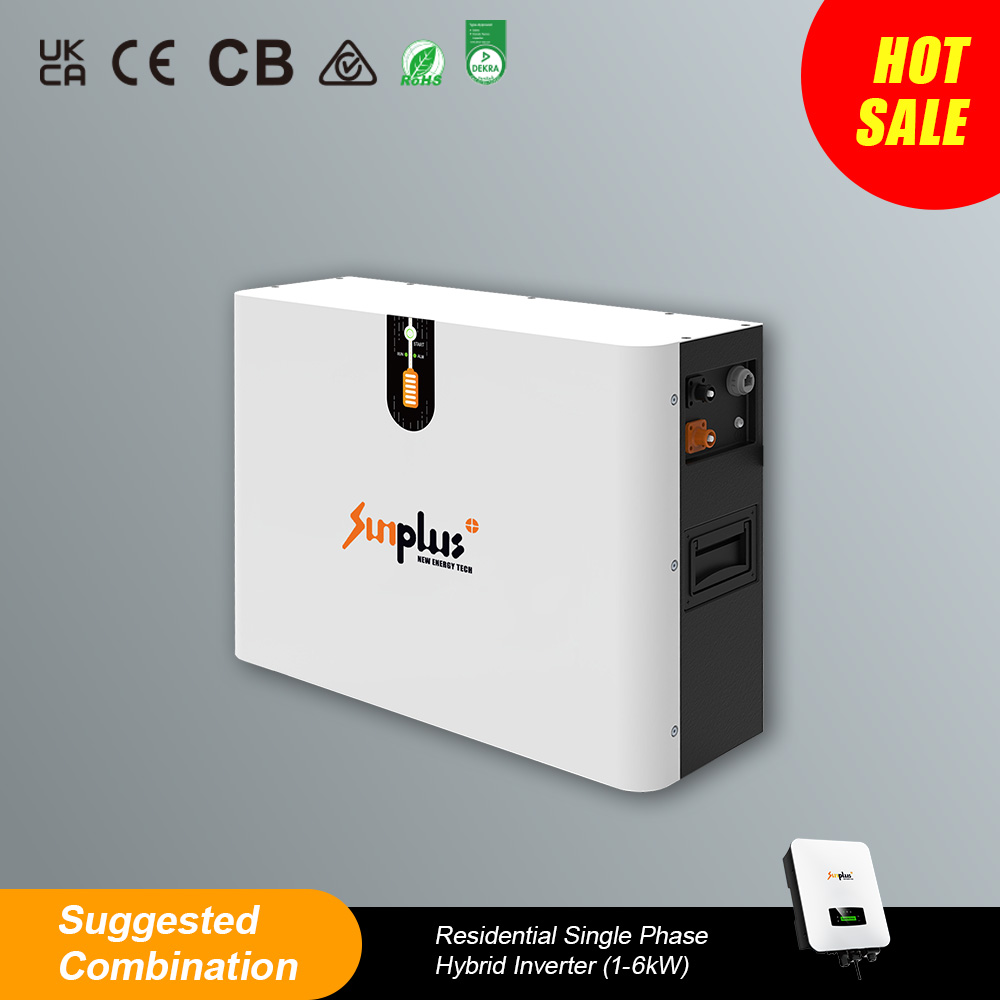The Technology Behind Cylindrical Lithium Battery Laser Welding Machine
Lithium-ion batteries have emerged as the powerhouse for a multitude of electronic devices, fueling everything from smartphones to electric vehicles. Among the diverse array of lithium-ion batteries, the cylindrical variant stands out as a popular choice, distinguished by its unique design and performance capabilities. In this article, we delve into the realm of cylindrical lithium-ion batteries, delving into their characteristics, applications, and the advantages and disadvantages associated with this particular form factor.
Structure and Components of Cylindrical Lithium Batteries:
Generally, these batteries comprise an anode, cathode, separator, electrolyte, and a cylindrical metal casing. The electrode materials can vary, with commonly used options including lithium cobalt oxide (LiCoO2) for the cathode and graphite for the anode.
Advantages of Cylindrical Lithium-ion Batteries:
- Efficient Use of Space: The cylindrical shape allows for a compact and efficient use of space, making them suitable for devices with limited room for battery placement.
- Cost-Effective Production: Mass production of cylindrical batteries is often cost-effective, contributing to their widespread use in consumer electronics.
The Technology Behind Cylindrical Lithium Battery Laser Welding Machine
At the heart of these cutting-edge machines lies advanced laser welding technology. By harnessing the power of high-intensity laser beams, these machines can precisely fuse together the components of cylindrical lithium batteries, ensuring seamless connections and optimal performance.
Applications:
Cylindrical lithium-ion batteries find applications in a wide range of devices, including but not limited to:
- Smartphones
- Power tools
- Laptops
- Electric bicycles
- Electric vehicles (EVs)
The Technology Behind Cylindrical Lithium Battery Laser Welding Machine
As technology advances, ongoing research aims to address the limitations of cylindrical lithium-ion batteries. Innovations in materials and manufacturing processes may contribute to enhanced performance, increased safety, and wider applications.
Related links:FAQs | Everything You Need To Know About Electroplating
How to choose LED panels?
How Do Variable Message Signs Work?
What Is the Function of a Micro Switch?
At the heart of these cutting-edge machines lies advanced laser welding technology. By harnessing the power of high-intensity laser beams, these machines can precisely fuse together the components of cylindrical lithium batteries, ensuring seamless connections and optimal performance.
Key Features and Benefits
Precision Welding
Cylindrical lithium battery laser welding machines boast remarkable precision, allowing for intricate welding patterns with micron-level accuracy. This level of precision ensures the integrity and longevity of the battery connections, minimizing the risk of defects or malfunctions.
Efficiency and Speed
With rapid welding speeds and efficient processing capabilities, these machines significantly reduce production time and costs. Manufacturers can streamline their operations and meet growing demands without compromising on quality or performance.
Versatility
From small-scale prototypes to large-scale production runs, cylindrical lithium battery laser welding machines offer unmatched versatility. They can accommodate various battery sizes and configurations, making them ideal for a wide range of applications across industries.
Quality Assurance
With stringent quality control measures and real-time monitoring capabilities, these machines uphold the highest standards of quality assurance. Manufacturers can rest assured knowing that each welded joint meets rigorous quality criteria, ensuring the reliability and safety of the batteries.
Applications
Electric Vehicles
The automotive industry relies heavily on cylindrical lithium batteries for electric vehicles (EVs). Cylindrical lithium battery laser welding machines play a crucial role in manufacturing high-performance battery packs for EVs, enabling sustainable transportation solutions.
Consumer Electronics
From smartphones to laptops, consumer electronics increasingly utilize cylindrical lithium batteries for their compact size and high energy density. These machines facilitate the production of reliable battery packs that power our everyday devices.
Energy Storage Systems
As renewable energy sources gain prominence, the demand for energy storage systems continues to rise. Cylindrical lithium battery laser welding machines enable the efficient assembly of battery packs for solar energy storage and grid stabilization applications.
Conclusion
In conclusion, cylindrical lithium battery laser welding machines represent a paradigm shift in battery manufacturing technology. With their unparalleled precision, efficiency, and versatility, these machines empower manufacturers to meet the demands of a rapidly evolving market while ensuring the quality and reliability of their products.
Related links:How Do Batteries Store Energy?
How does an Android Panel PC work?
TFT Displays: the Future of visual technology
Unveiling the Characteristics and Types of Copper Cables
What is the difference between regular and heavy duty switch?
Understanding LiFePO4 Battery Pack Technology: A Comprehensive Overview







